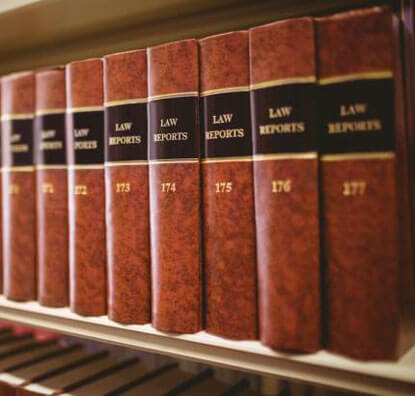This past weekend, the annual Association of American Law Schools met in New York, and the reception for the American Bar Association’s proposal to eliminate tenure requirement for law schools was not positive, according to The National Law Journal.
A panel discussion was held on Saturday that drew an overflow crowd of law professors. The panel was formed to discuss anger towards the proposal from the American Bar Association.
Law professors who spoke at the forum were concerned that eliminating the requirement for tenure would put academic freedom in jeopardy. Some members of the audience accused leaders at the ABA with being concerned about the interest of law firms and corporations instead of quality legal education.
There have been 59 law schools that have adopted policies that require tenure since 2010. In a letter sent by 16 former AALS presidents to the ABA in December, the former presidents said that eliminating tenure requirements as part of accreditation is  “untenable and dangerous.”
There are two options on the table for the ABA to consider. The first of those options is that full-time law school faculty members must have a form of ‘security of position.’ This would protect the professors and academic freedom, but it does not have to be tenure in the traditional sense. The second option on the table is getting rid of the references to security, but schools would have to offer job protections in order to recruit competent faculty members.
Tenure would be looked at as a safe harbor if either of the two options mentioned above are chosen. For example, if a school does not choose a system of tenure, the school would be required to prove to the ABA that it has policies in place to protect academic freedom.
The chief judge of the United States District Court for the Northern District of Ohio, Solomon Oliver. Jr., was in attendance at the meeting. He is also chairman of the council. He told the audience at the panel that he would consider all of their worries when the ABA determines tenure requirement changes.







































